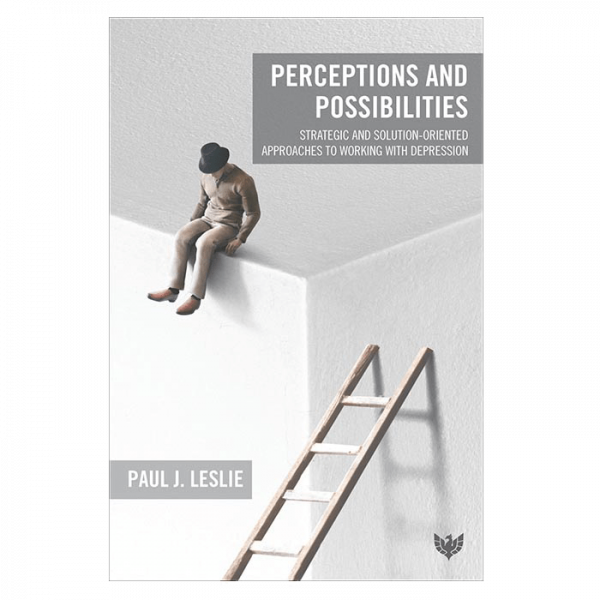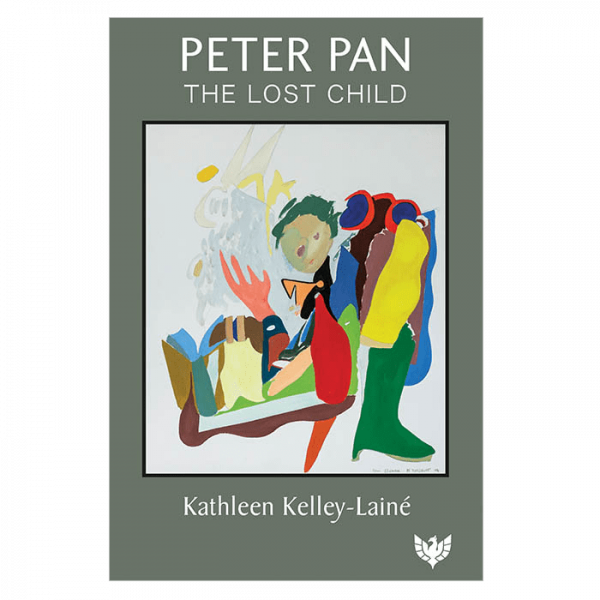The Art and Science of Relationship: The Practice of Integrative Psychotherapy is an easy-to-read explication of relationally focused integrative psychotherapy/counselling that will be enjoyed by novice and experienced mental health professionals worldwide. Richard Erskine and Janet Moursund illuminate the central role of the therapeutic relationship, and of relationships in general, both in the healing process and in maintaining a psychologically healthy life. They posit that the therapeutic relationship is key to helping clients become integrated or whole, and present both theory and practice to demonstrate this view.
The book is divided into three parts: Theoretical Foundations, Therapeutic Practice, and a full verbatim transcript of a therapy session. The book’s unique feature is the linkage of the transcript section with the earlier, theoretical and practice-oriented sections to clearly show how theory can be applied in the consulting room. For virtually every exchange between therapist and patient, the reader is directed back to a discussion of the specific aspect of theory and method that underly the actual words being spoken. The result is theory brought to life, theory brought out of the classroom or the professional workshop and into the real world of ongoing psychotherapy.
This book is highly recommended for students and practitioners of psychotherapy, counselling, and clinical psychology, and will be of interest to all those who work in a mental health setting.




 Richard G. Erskine, PhD, Training Director at the Institute for Integrative Psychotherapy, is a clinical psychologist with five decades of experience in the clinical practice and teaching of psychotherapy. He has specialised in the treatment of severely disturbed children, run a therapeutic community in a maximum security prison, and conducted his psychotherapy practice in New York City specialising in the treatment of obsession, dissociation, narcissism, schizoid processes.
Richard G. Erskine, PhD, Training Director at the Institute for Integrative Psychotherapy, is a clinical psychologist with five decades of experience in the clinical practice and teaching of psychotherapy. He has specialised in the treatment of severely disturbed children, run a therapeutic community in a maximum security prison, and conducted his psychotherapy practice in New York City specialising in the treatment of obsession, dissociation, narcissism, schizoid processes. Janet Moursund, PhD, is a retired psychotherapist and professor of counselling psychology. Originally trained in educational psychology, she brings to the practice of psychotherapy a grounding in learning theory as well as years of experience as a therapist and a teacher. She was a member of Carl Rogers’ research team in his investigation of psychotherapy with schizophrenics. She is the founder of the Center for Community Counseling (formerly Aslan House), a no/low-cost counselling centre staffed by professional volunteers from the Eugene, Oregon counselling community. She is the author or co-author of eight books, on topics ranging from statistics to personality theory, and before her retirement practiced as a licensed clinical therapist and served as departmental coordinator of the counselling psychology program at the University of Oregon.
Janet Moursund, PhD, is a retired psychotherapist and professor of counselling psychology. Originally trained in educational psychology, she brings to the practice of psychotherapy a grounding in learning theory as well as years of experience as a therapist and a teacher. She was a member of Carl Rogers’ research team in his investigation of psychotherapy with schizophrenics. She is the founder of the Center for Community Counseling (formerly Aslan House), a no/low-cost counselling centre staffed by professional volunteers from the Eugene, Oregon counselling community. She is the author or co-author of eight books, on topics ranging from statistics to personality theory, and before her retirement practiced as a licensed clinical therapist and served as departmental coordinator of the counselling psychology program at the University of Oregon.
Karen Cesarano, chartered psychologist and psychotherapist; trainer and supervisor, International Integrative Psychotherapy Association –
‘I love this book. The writing is simple, yet the authors cover a vast knowledge of psychotherapy and counselling while offering practical guidelines on how to work with our clients. Throughout this book, I was accompanied in understanding how authentic relationships are achieved, maintained, and repaired when disrupted. The transcripts of actual therapy sessions, and the authors’ explanations, reveal how a relationally focused integrative psychotherapy enhances our clients’ healing and wellbeing. This book is a must-read for all mental health practitioners.’
Amaia Mauriz-Etxabe, licensed clinical psychologist, certified integrative psychotherapist, trainer and supervisor; Professor of Psychology, Deusto University; Director, BIOS Institute for Integrative Psychotherapy, Bilbao, Spain –
‘This splendid book is ideal for the experienced psychotherapist and mental health counsellor while also serving as an important professional guide for someone new to the professions. It conveys Richard Erskine’s and Janet Moursund’s very meaningful philosophy, theory, and methods of relational psychotherapy. The authors address the therapeutic relationship with respect, profundity, and hope. The relevant case examples make the theory come alive. It was a pleasure to read this book and learn from two master psychotherapists.’
Elena Maria Guarrella, Trainer and Supervisor, Istituto di Analisi Transazionale Integrativa, Roma, Italy –
‘I love reading this book. It is an essential text in my counselling and psychotherapy courses. I find the relational orientation to be informative, powerful, and comprehensive while the style of writing makes the concepts and methods easy for trainees to learn. The various examples of actual therapy help my trainees to be effective therapists and also help me to be a better trainer and supervisor.’
Kevin Franke, integrative counsellor and group facilitator, ‘BACP Therapy Today’, October 2023, 34:8 –
‘As an integrative counsellor, I found this the most comprehensive and useful book on the subject I’ve come across […] My favourite part of the book is ‘Therapeutic interventions’, which feels very containing and takes you step-by-step through the therapeutic encounter, starting from the first session to eventually saying goodbye. […] This is an engaging textbook about working relationally that would be useful for any therapist, regardless of their modality.’